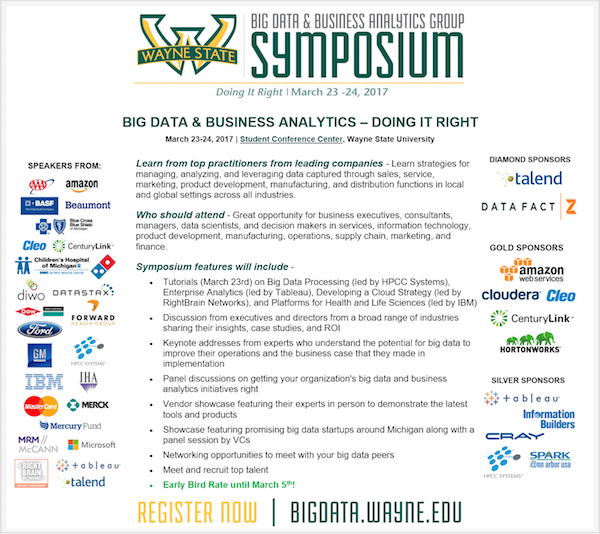New York, NY – October 5, 2021
The COVID Information Commons (CIC) project, a program led by the Northeast Big Data Innovation Hub in the Data Science Institute at Columbia University, in collaboration with the Midwest Big Data Innovation Hub, the South Big Innovation Data Hub, and the West Big Data Innovation Hub, received additional funding from the National Science Foundation (NSF) to support the COVID Information Commons Extension for Pandemic Recovery (CIC-E) proposal (NSF #2139391). This new grant will provide an additional $2 million in funding to the COVID Information Commons project through September 30, 2025.
The COVID Information Commons (CIC) was established in May 2020 via an NSF COVID Rapid Response Research (RAPID) award (NSF #2028999) to facilitate information sharing and collaboration across NSF-funded COVID research efforts. The initial focus was on compiling publicly available information from COVID-related RAPID projects funded by the various NSF Directorates in order to create an easily searchable corpus. In addition to the publicly available information, the CIC also collected self-reported information from the project leaders via a voluntary survey. A CIC research webinar series was created, featuring talks by researchers from the NSF-funded COVID RAPID research projects. The CIC Extension will extend this initial CIC effort to include all projects funded by NSF related to COVID-19 including the pandemic recovery phase. In addition, it will seek to include publicly available information on COVID-related efforts beyond those funded by the NSF.
The initial CIC effort clearly demonstrated the benefits of bringing together information about a diverse set of COVID-related projects into a single place, thereby enabling interested users to efficiently search for information and discover linkages among diverse efforts. This helped foster the creation of a CIC community of researchers and students, and helped catalyze local and global collaborations. The CIC Extension will carry forward this idea to include projects in the pandemic recovery phase, and will additionally incorporate contemporary ways of interacting with the information such as via search and discovery of linked information using semantic search methods, and the use of domain ontologies and knowledge graph mechanisms.
Broad impact is central to the idea of the COVID Information Commons, which pulls together publicly available information along with voluntary self-reported information on NSF-funded COVID-related research projects in order to enable search and discovery of information and collaborations among individual efforts. The CIC has demonstrated early successes in creating such collaborations among researchers from diverse scientific disciplines and from different parts of the country, and around the world, drawn together by their common interest in studying the COVID pandemic. By extending the CIC effort to the pandemic recovery phase, the CIC Extension will reach an even larger and more diverse community of COVID researchers and facilitate networking among researchers engaged in COVID-related research. The CIC Extension will also build upon and expand the successful CIC research webinar series and undergraduate engagement programs initiated in the initial phase of this effort. COVID researchers funded by NSF and NIH, including those newly funded through the American Rescue Plan of 2021 (ARP), will be invited to join the open CIC community and participate in collaborative webinars and events to increase researcher collaboration and accelerate COVID-19 recovery. Visit us at https://covidinfocommons.net to learn more and join the CIC community.
The Northeast Big Data Innovation Hub
The mission of the Northeast Big Data Innovation Hub is to build and strengthen partnerships across industry, academia, nonprofits, and government to address societal and scientific challenges, spur economic development, and accelerate innovation in the national big data ecosystem.
The Northeast Hub is a community convener, collaboration hub, and catalyst for data science innovation in the Northeast Region. The Hub amplifies successes of the community and shares credit across the community to encourage collaboration and mutual success in data science endeavors.
The goals of the Northeast Hub are to: build collaborations to address real-world challenges through translational data science approaches; foster innovation and scale endeavors that reflect regional interests and align with national priorities related to data science; support and promote representative community engagement/impact across all Hub activities; and increase data science capacity and talent, emphasizing underserved communities. Visit us at https://nebigdatahub.org/about to learn more.
The COVID Information Commons
The COVID Information Commons (CIC) is an open website to facilitate knowledge sharing and collaboration across various COVID research efforts, initiated by the NSF Convergence Accelerator. The initial focus of the CIC website was on NSF-funded COVID Rapid Response Research (RAPID) projects. The CIC serves as a resource for researchers, students and decision-makers from academia, government, not-for-profits and industry to identify collaboration opportunities, to leverage each other’s research findings, and to accelerate the most promising research to mitigate the broad societal impacts of the COVID-19 pandemic.
The CIC community is a dynamic, collaborative community of over 1,500 researchers, practitioners and students working on COVID-19 research and insights to enable pandemic recovery and mitigation. The entire CIC community is invited to monthly CIC PI lightning talk webinars, which have attracted over 835 participants from the CIC launch webinar in July 2020 through September 2021. The monthly CIC webinars have featured 78 PI lightning talks which are individually available on demand on the CIC website on the “Meet the Researchers” page. The full recordings of all monthly webinars are also available in the CIC Video Library on the CIC website. COVID researchers find research collaborators by participating in the live webinars and by watching recordings through the CIC portal. The addition of more researchers, research, publications, datasets, and metadata will further accelerate and increase collaboration on COVID research, through the CIC-E funded by NSF.
Upcoming COVID Information Commons Events
Every month, the CIC brings together a group of researchers studying wide-ranging aspects of the current pandemic, to share their research and answer questions from our community. Attend this event to learn more about their ongoing efforts in the fight against COVID-19, including opportunities for collaboration. Register here for your unique Zoom link and calendar information.
Media Contacts
Florence Hudson
Executive Director, Northeast Big Data Innovation Hub
Email: florence.hudson@2417@columbia.edu
Lauren Close
Operations & Communications Manager, Northeast Big Data Innovation Hub
Email: lc3460@columbia.edu
Sign up for the COVID Information Commons newsletter to receive future updates, including event notifications and program announcements.

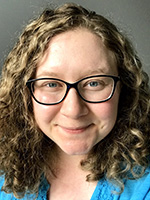
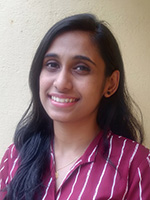
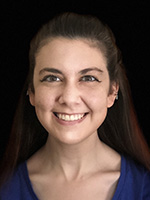
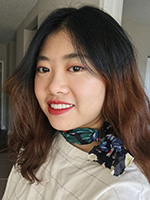

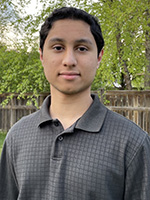
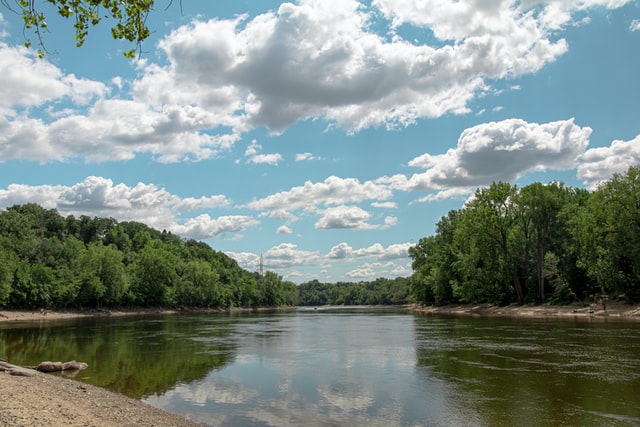
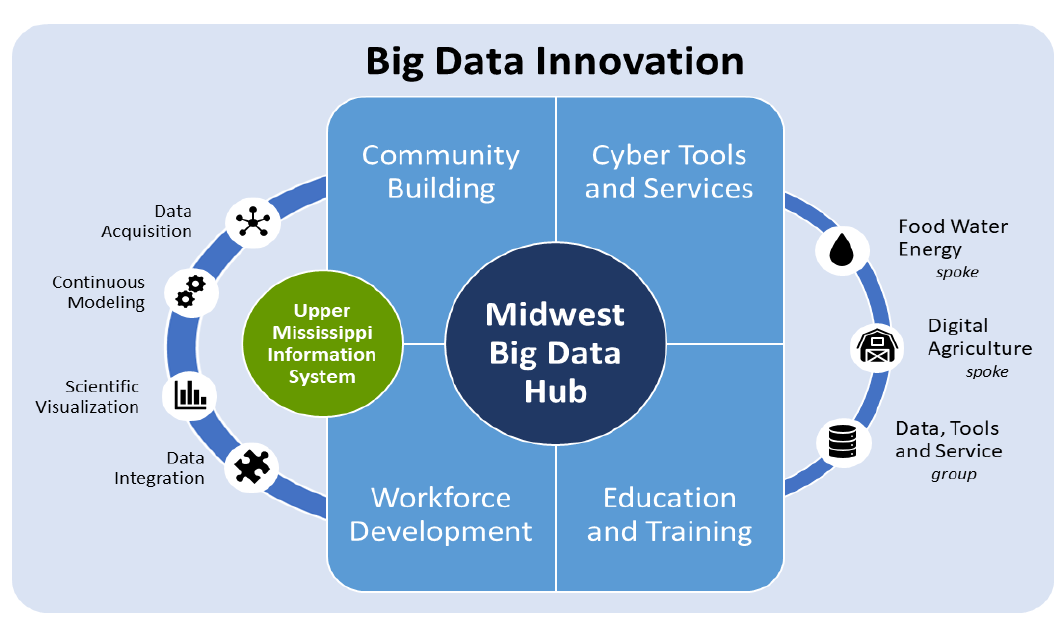
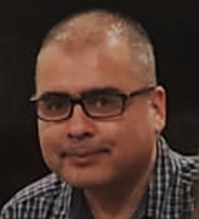
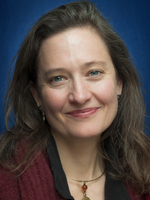
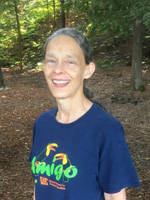
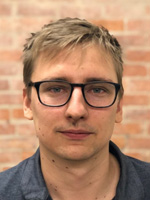
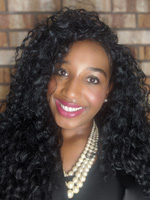
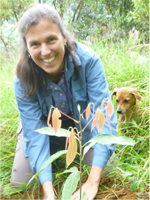
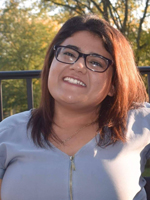
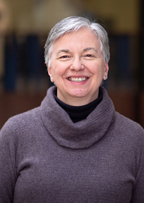
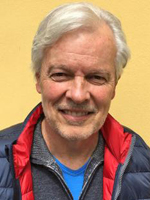
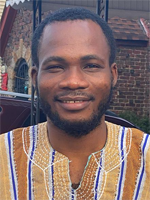
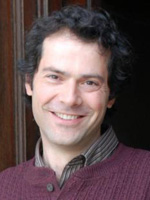
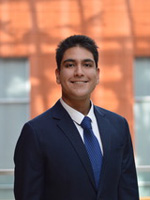
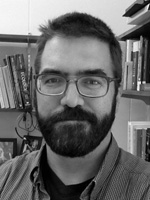

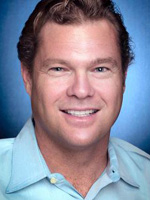

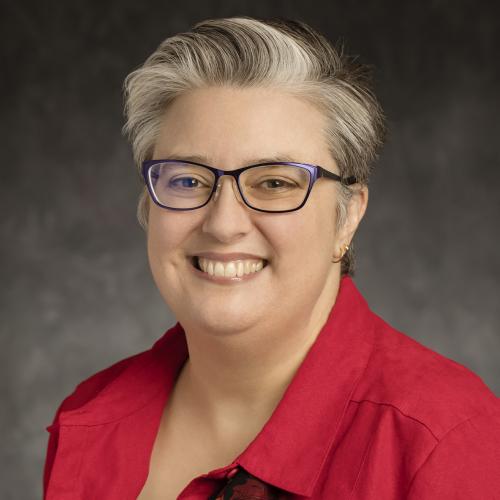
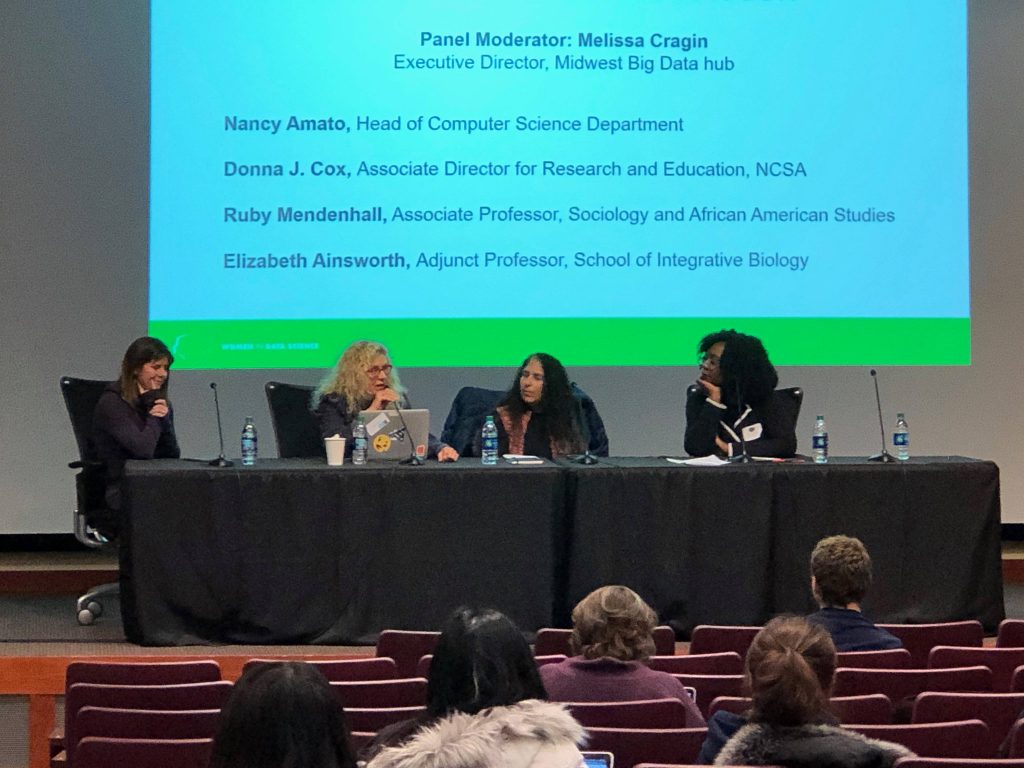
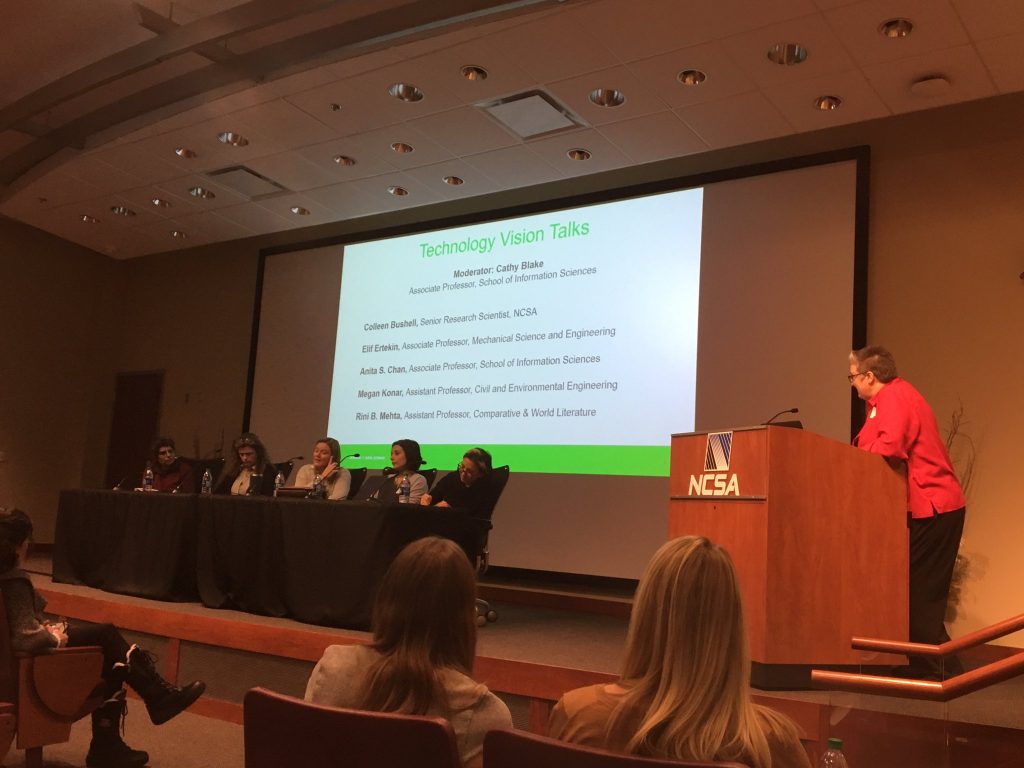
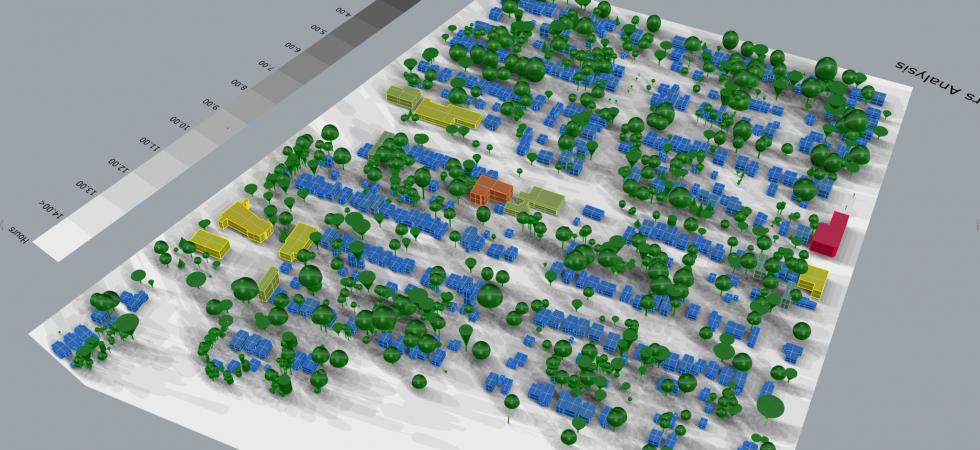
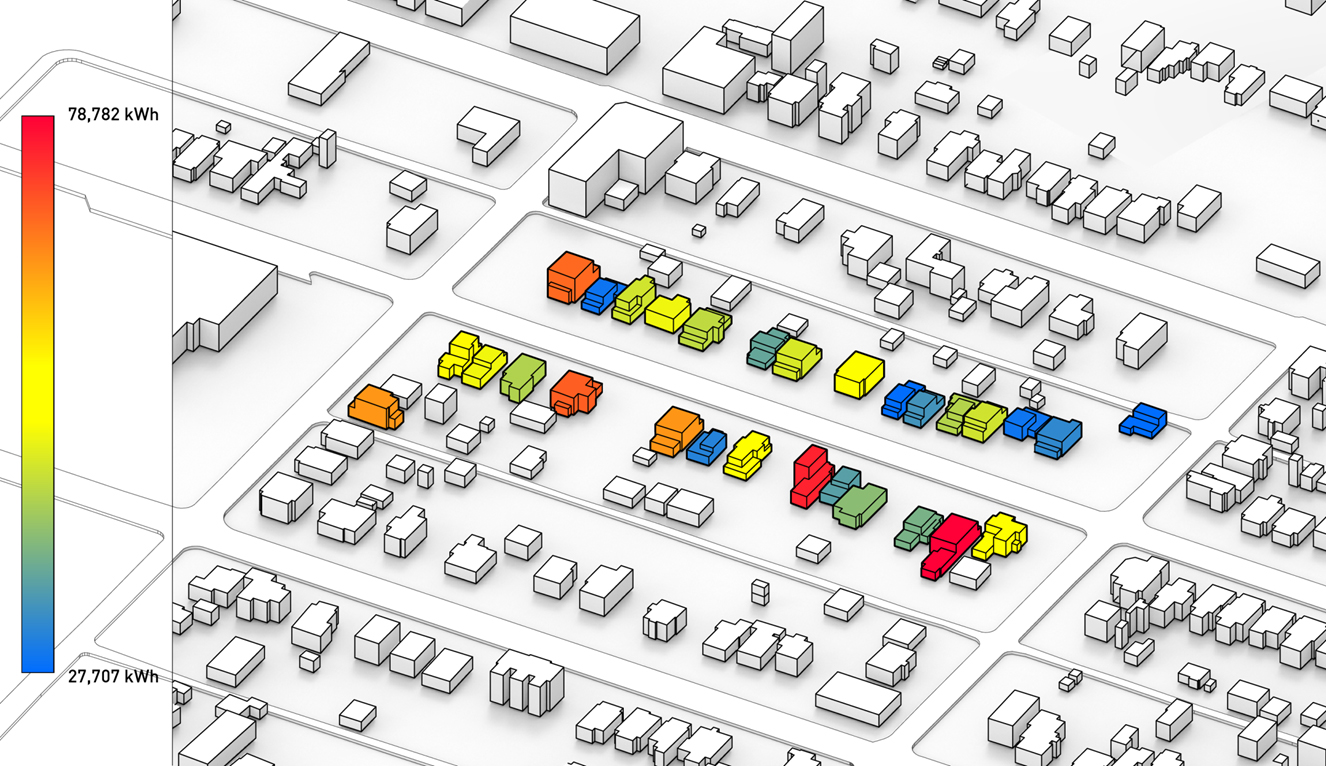
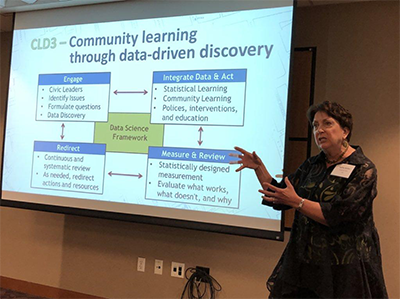
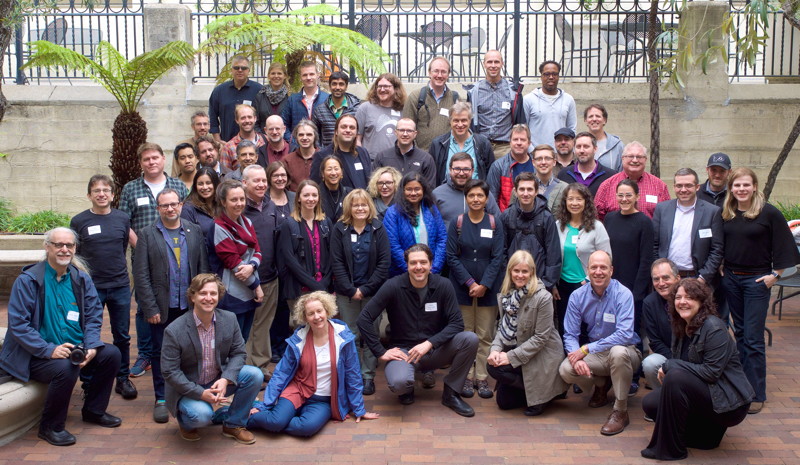


 Photo credit: Chungwook Sim
Photo credit: Chungwook Sim

